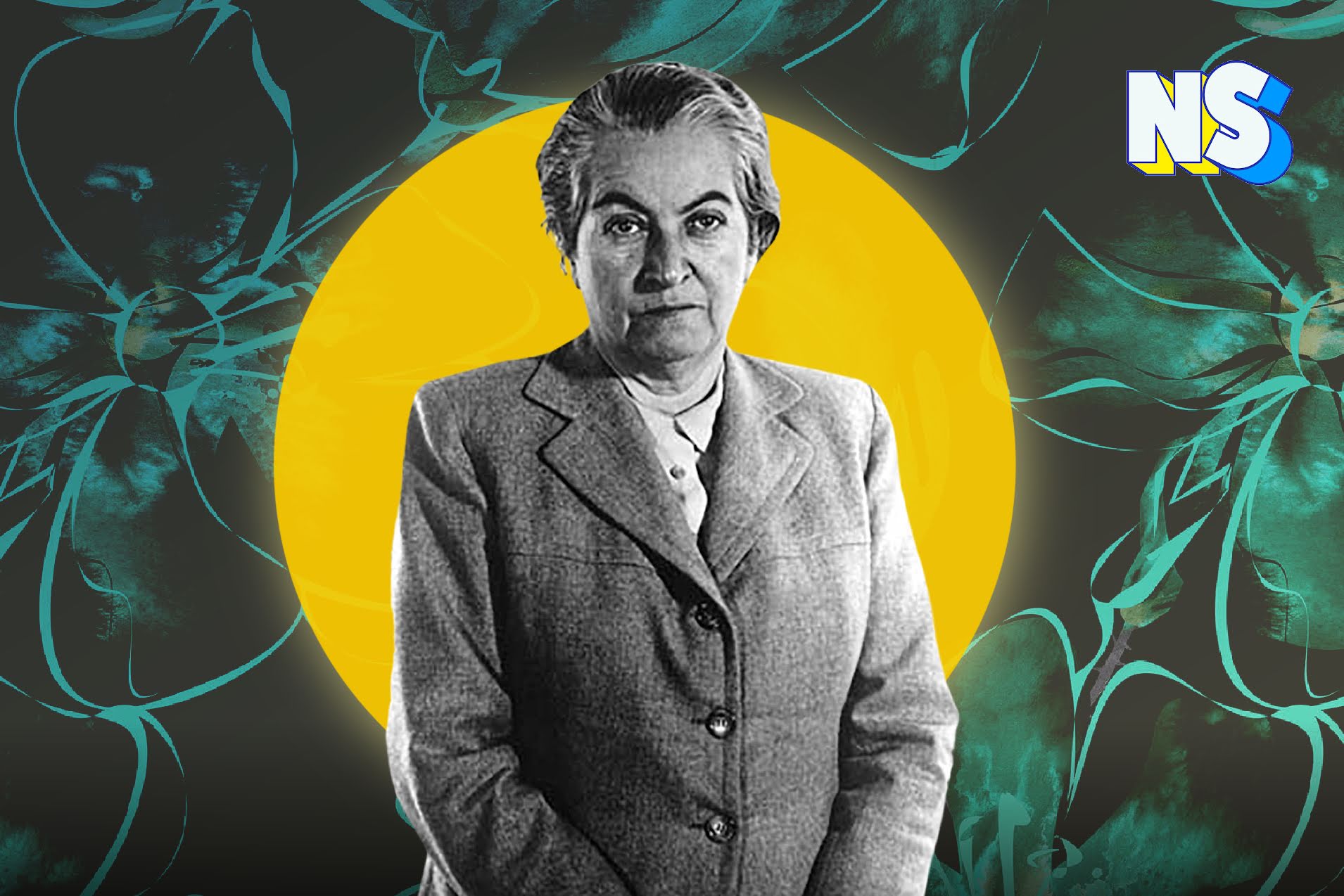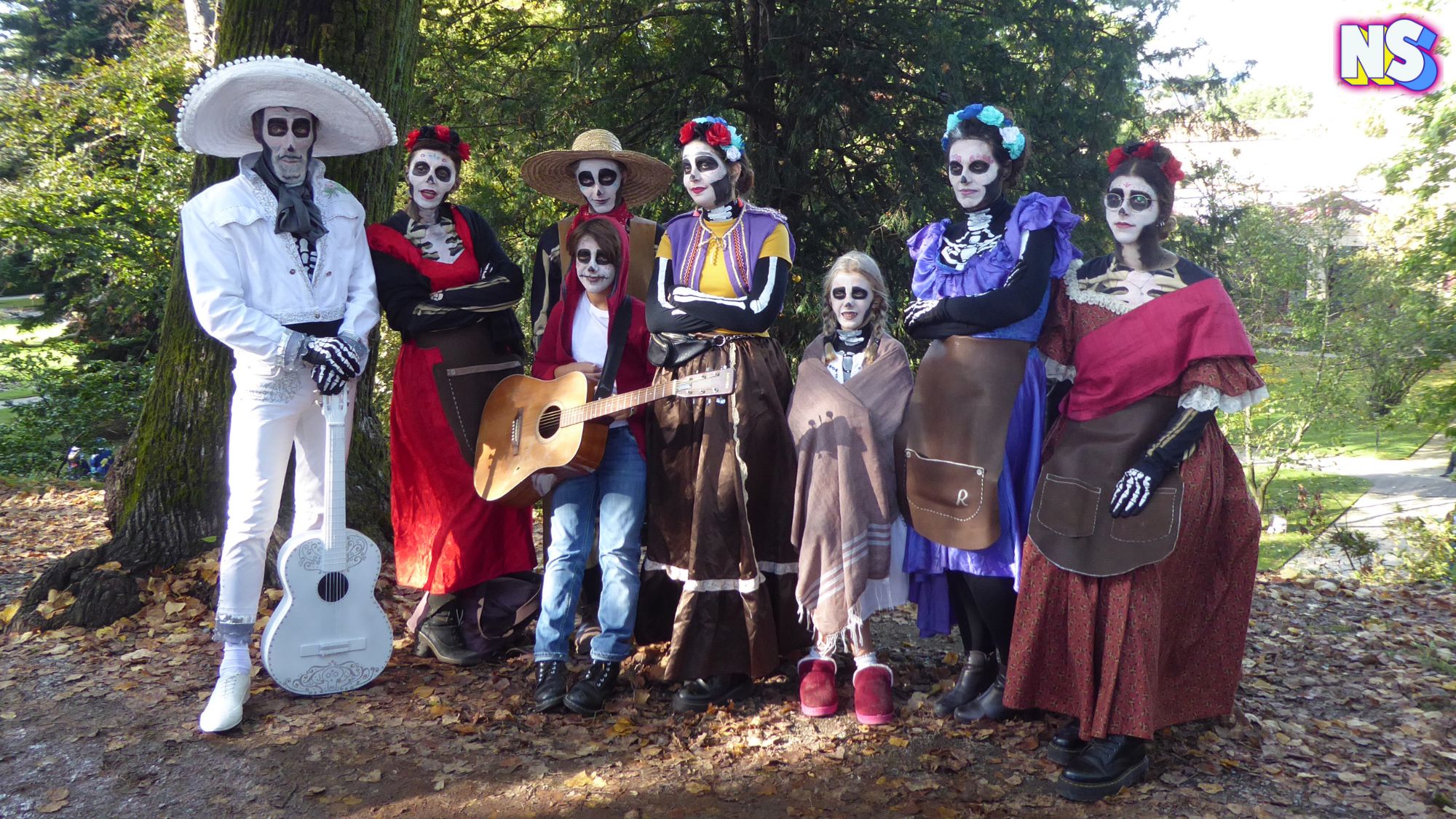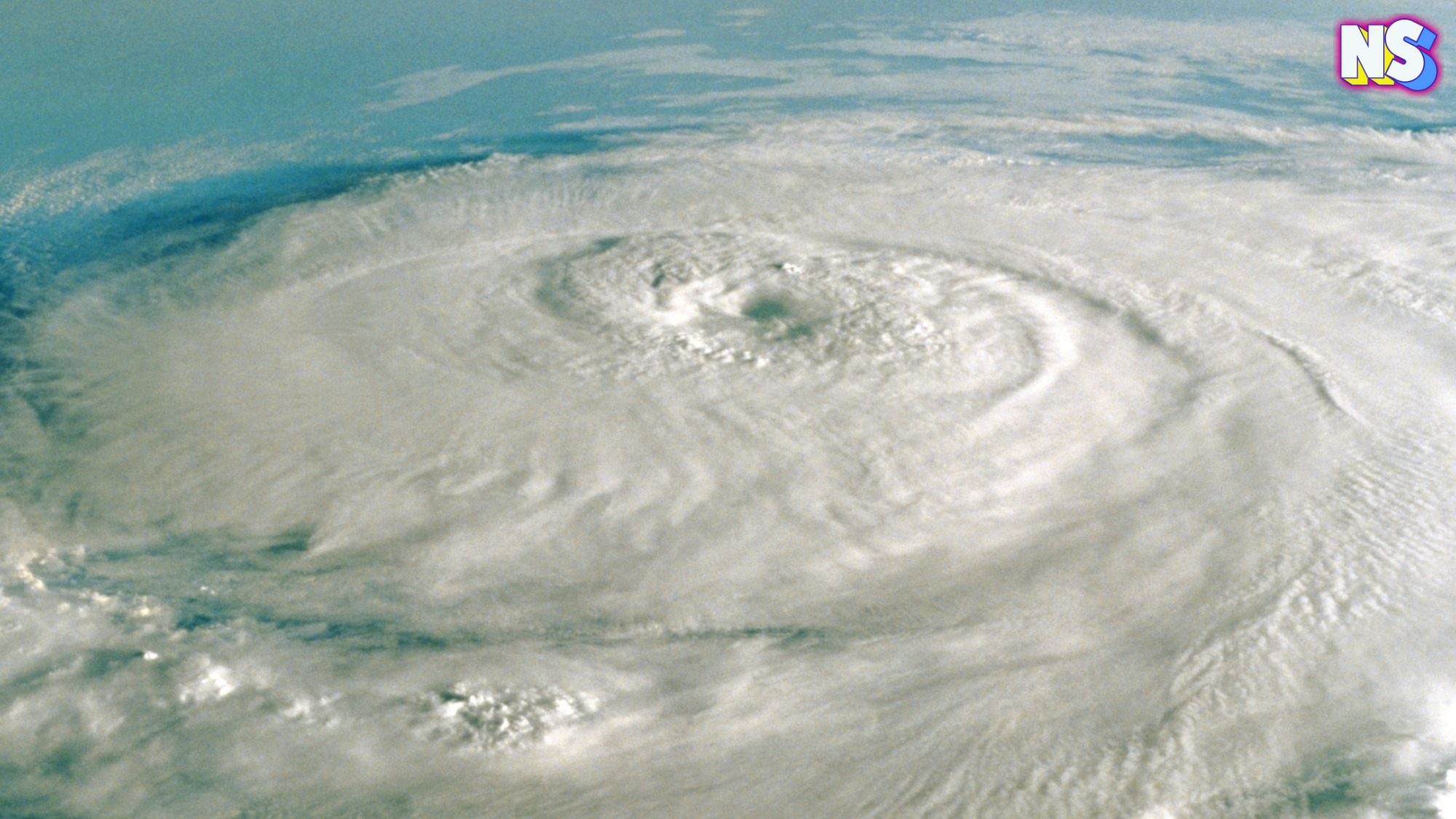Illustration by: Nuestro Stories
Gabriela Mistral was a renowned Chilean poet, educator, diplomat, feminist, and the first Latina to receive the Nobel Prize in Literature. Her poetry is celebrated for its lyrical beauty, emotional depth, and profound exploration of human experiences.
Born Lucila Godoy Alcayaga on April 7, 1889, in Vicuña, Chile, Mistral adopted the pseudonym "Gabriela Mistral" to honor two of her favorite poets, Gabriele D'Annunzio and Frédéric Mistral. Although she grew up in poverty and faced many hardships as a child, including a lack of affection at home, Mistral excelled academically and eventually became a teacher at a young age.
Gabriela Mistral's Poetry and Advocacy Work
Throughout her career, Mistral served as an educator in Chile and various other countries, emphasizing the importance of education and its potential to uplift and empower societies. Her influence as an educator extended beyond the classroom, as she advocated for educational reforms and championed literacy programs, particularly in rural areas. Mistral's writings often expressed her concern for the historically oppressed, especially women, children, and Indigenous communities.
“Donde haya un árbol que plantar, plántalo tú. Donde haya un error que enmendar, enmiéndalo tú. Donde haya un esfuerzo que todos esquivan, hazlo tú. Sé tú el que aparta la piedra del camino.” ― Gabriela Mistral
This incredible Latina also served as a cultural ambassador for Chile, representing her country abroad through diplomatic roles in Madrid, Veracruz, and New York City, to name a few. Her international presence and engagements helped bring attention to Chilean literature, culture, and social issues.
Read more: Spotlight on Barrier-Breaking Latino Poet Richard Blanco
Life Imitating Art
Unfortunately, Mistral’s accomplishments did not shield her from challenges in her personal life. In 1922, she became a mother but faced the devastating loss of her only son, who died shortly after birth. This experience profoundly influenced her poetry, and themes of motherhood, grief, and love. In the same year, Mistral published her first book titled “Desolación,” a collection of poignant and introspective poems exploring religion, despair, morality, and love for children.
An icon in both Chilean and international contexts, Mistral died on January 10, 1957, at age 67 after a battle with pancreatic cancer.





